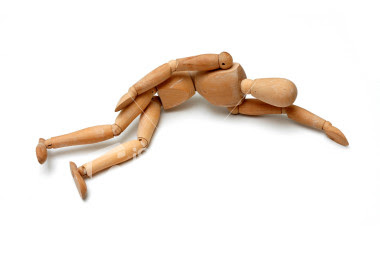Coined in
October 1963 during the Beatles’ tour of Scotland, the extent of Beatlemania in
the United States is obvious by record sales alone. Between the 1964 release of
“I Want to Hold Your Hand” on the Billboard
Hot 100 and the Let it Be EP in 1970,
the Lads from Liverpool had a Number One single for, on average, one out of
every six weeks, and the top-selling album once every three weeks.
But to most,
“Beatlemania” incites a vivid image of frenzied fans, predominantly teenage
girls, looking as though they’ve just witnessed a gruesome murder. Fat buttons
proclaiming “I LOVE GEORGE” adorn cardigan sweaters, hanging on for dear life
as their owners attempt to push past overwhelmed human police barricades.
Nurses stand at the ready, armed with smelling salts and ready to rouse the
next fainting victim. Lots of tears. Lots of screaming.
As we
approach the 50th anniversary of John, Paul, George, and Ringo’s first
U.S. appearance on The Ed Sullivan Show
this Sunday, we can’t help but look back and laugh nostalgically. Just what was
it about the moptop haircuts, Cuban heels, and “yeah yeah yeah”s that turned us, our parents, or our grandparents
into primeval beings whose sole purpose was to drown out the blare of a Vox
AC30 amplifier?
As it turns out, neuroscience can (partially) explain the phenomenon.
As it turns out, neuroscience can (partially) explain the phenomenon.



